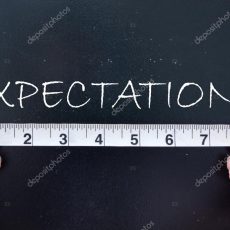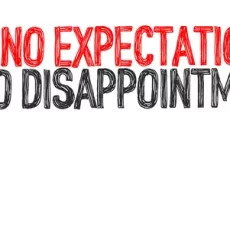Our brain gradually gets finely tuned to expectations and an expectation that isn’t met, no matter how seemingly unimportant, can often get us down. This is a lot relevant for young children, who can lose the plot at the smallest unmet expectation. Unmet expectations can pack a punch for adults, too.
when a cue from the environment indicates you’re going to get a reward, dopamine releases in response. Unexpected rewards release more dopamine than expected ones. Thus, the surprise bonus at work, even a small one, can positively impact your brain chemistry more than an expected pay rise. Happyho also provide best Meditation classes and yoga classes in Noida and Delhi NCR India area.
However, if you’re expecting a reward and you don’t get it, dopamine levels fall steeply. And this feeling is not a pleasant one, it feels a lot like pain. Expecting a pay rise and not getting one can create a funk that lasts for days.
Dopamine levels rise when you want something, even something as simple as wanting to cross the road.
The number of connections made per second in the brain is also connected to dopamine levels. When dopamine levels are too low, the number of connections per second in the brain falls.
This makes sense intuitively: teachers know that kids learn best when they are interested in a subject. Interest, desire, and positive expectations are slight variations on a similar experience, an experience of having an increased level of dopamine in the brain.
Whether your goal is to be eternally happy, or just improve your performance at work, clearly it’s going to be useful to improve how you manage expectations, to create the right levels of dopamine.
Unmet expectations are one of the important experiences to avoid, as these generate the stronger threat response. Great leaders carefully manage expectations to avoid not meeting them.
Consciously altering what you expect can have a surprising impact. Imagine you are trying to get an upgrade for a long international flight. If you keep your expectations low, you will either be okay if you don’t get the reward, or thrilled if you do. Whereas if you allow yourself to get excited about the possible upgrade, you will either have a terrible flight if you don’t get the upgrade, or only be quietly happy, though not thrilled, if you do get it.
When you step back and look at all the possible outcomes this way, it makes sense to minimize one’s expectations of positive rewards in most situations. Keeping an even keel about potential wins pays off.





